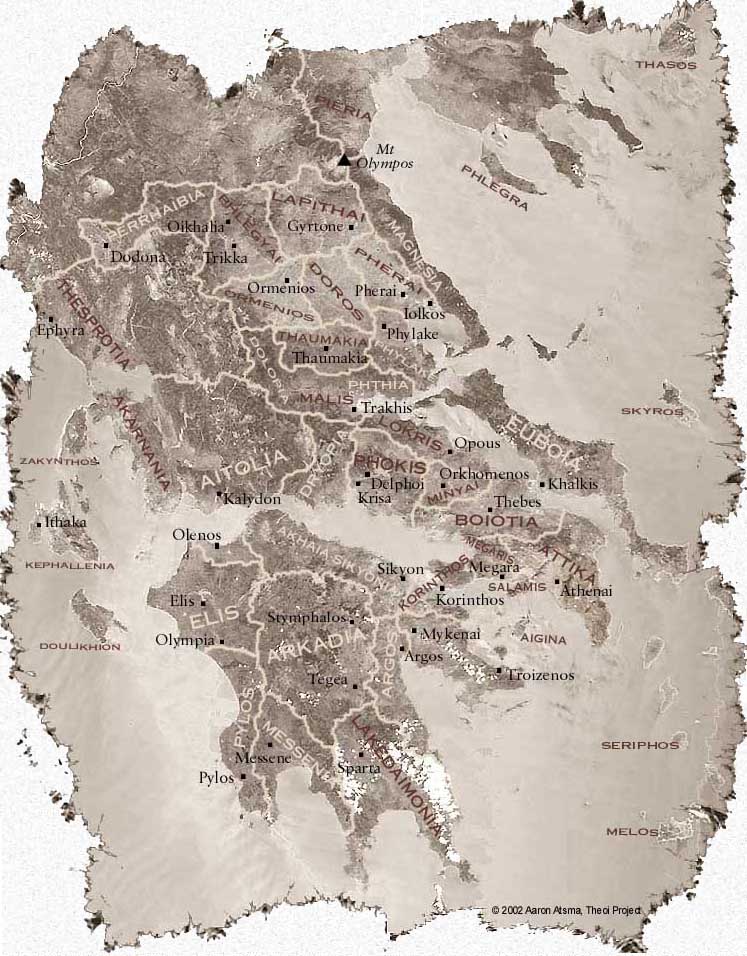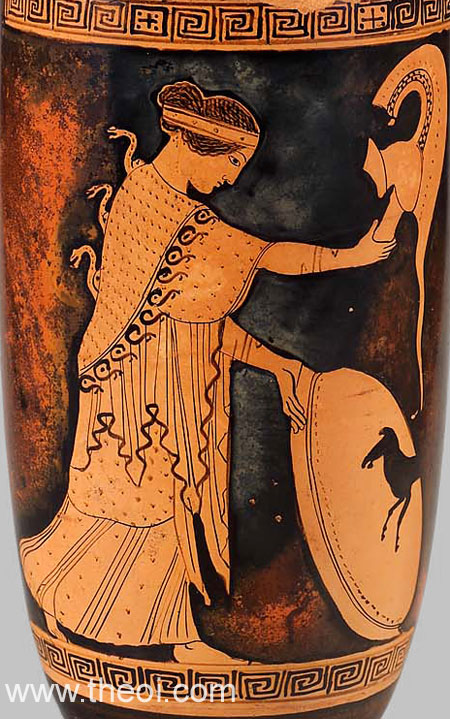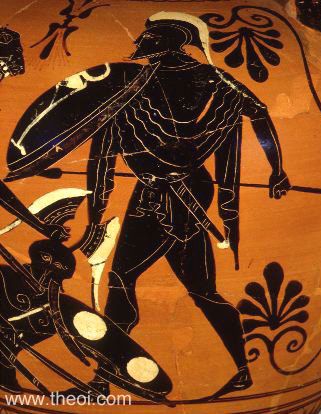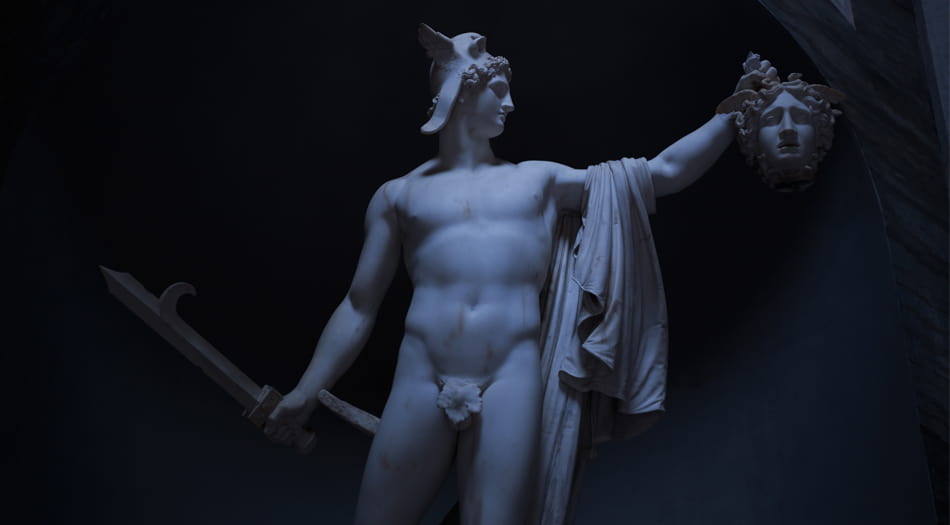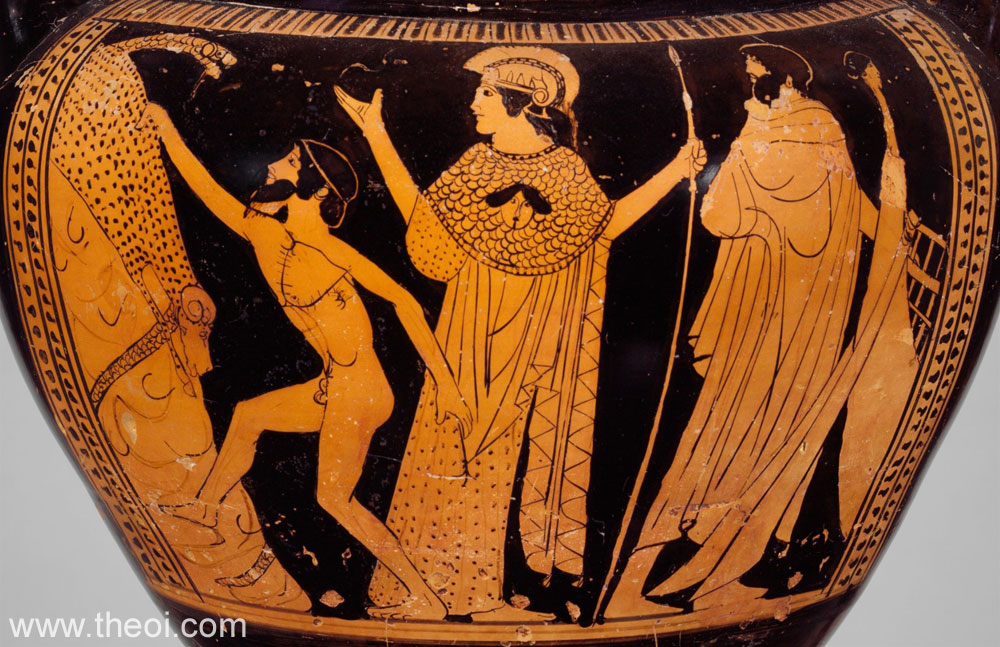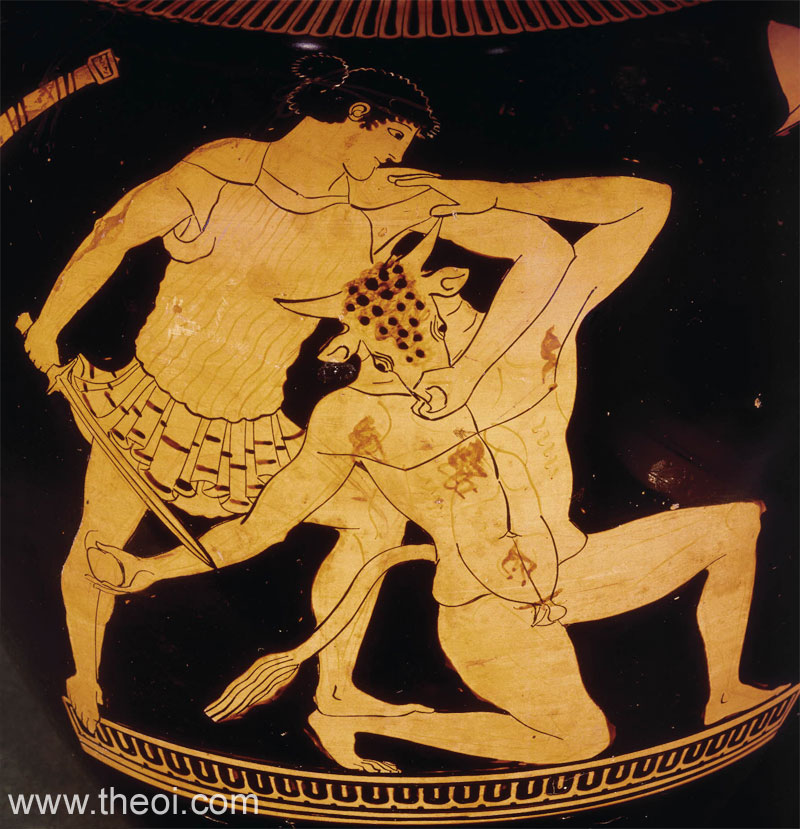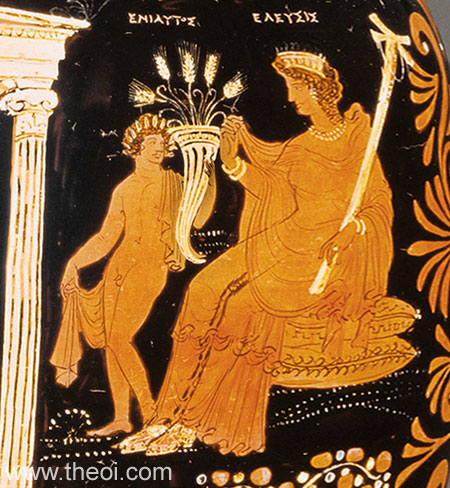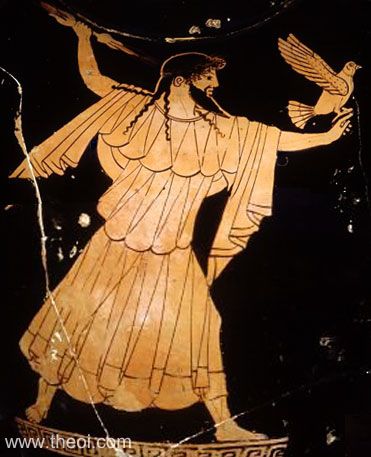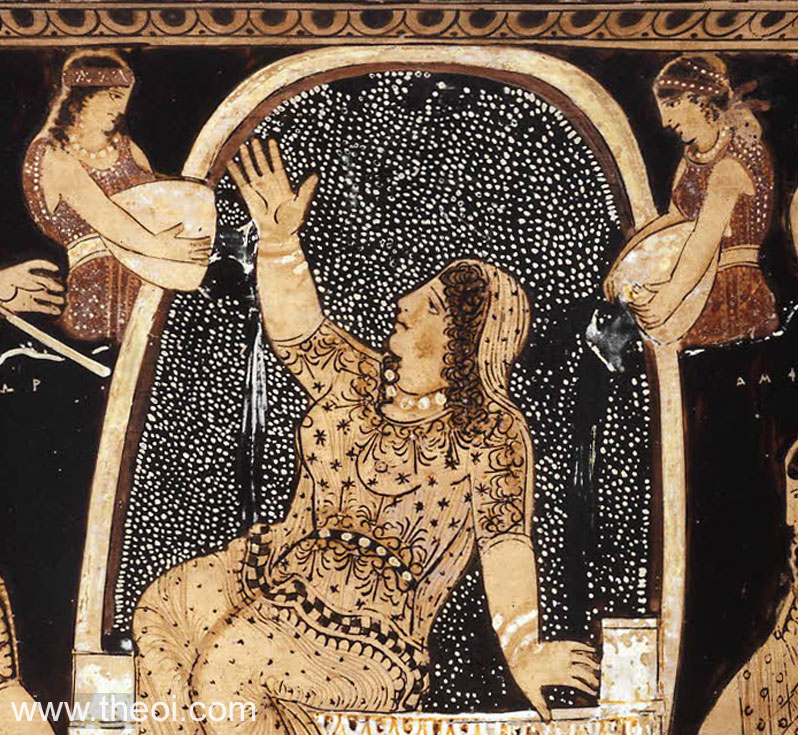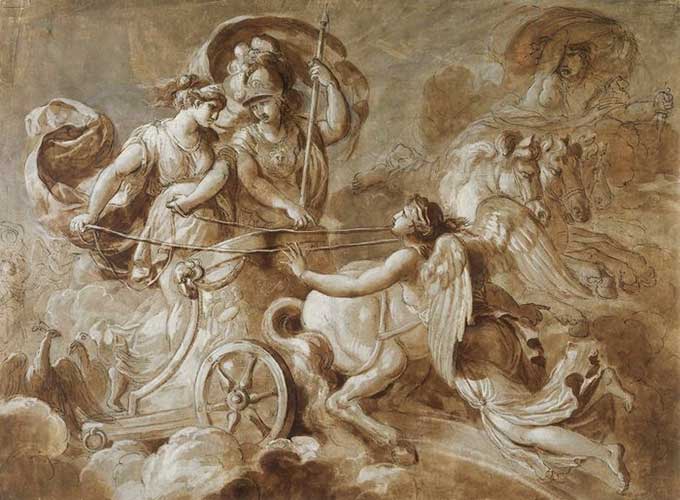
The Paris Trojan War began when Helen, the wife of Menelaos, the Spartan king, was abducted by the Trojan prince Paris. Helen was taken as his prize when he chose Aphrodite as the most beautiful goddess among the deities of the Greek pantheon much to Hera and Athena’s dismay.
This did not sit well with Menelaos, and the Greeks were determined to bring her back home and avenge Trojan impudence. This article takes an in-depth look into the conflict and explores the roles and impacts of the protagonists in the story. Read on.
The Archaean and Trojan Armies: A Brief Background
The Greek army or the Archaeans as they are sometimes called was led by Agamemnon, the king of Mycenae. The Archaeans had some of the greatest fighters and heroes in history. They displayed unrivaled courage and relentless combat skills on the battlefield.
Among the most notable warriors were Achilles, Odysseus, Ajax, Antilokus, Diomedes, Idomeneus and Menestheus. The gods also had favorites in the war, so they aided the Greek army in battle.
The deities included Athena, Hera, Hermes, and Thetis, who all had direct and indirect impacts on the war. They were often witnessed deflecting enemy spears and teleporting soldiers away when the heat of battle intensified.
The Trojans also had a magnificent army led by Priam, the king of Troy. Some of their allies included the Thracians, Kikones, Pelasgians, and Paionians. They too had their fair share of divine help from the Olympian gods.
These included Ares, the god of war, Aphrodite, Apollo, and Leto. They also had a few demigods fighting for them. They included Hektor, Aeneas, and Phoryks.
Battle Highlights
Contrary to what is depicted in modern films, the Trojan War was a long-drawn-out siege. According to ancient Greek mythology, the city walls of Troy were built by the Olympian gods Apollo and Poseidon. Zeus compelled the two deities to serve the Laomedon, the Trojan king, for one year as punishment for an act of irreverence.
Needless to say, the walls were impeccably fortified, which is partly the reason why the Trojans were able to resist the Archaeans for so long. Nonetheless, some battles took place outside the city walls. These were mostly by warriors on foot using swords, arrows, and spears and protected by armor, helmets, and shields.
While the war waged to and fro across the Trojan plains, the memorable portions of the battle took place towards the final years of the siege. The following are some of the key highlights:
1. The Role of Paris and Menelaos
Menelaos was growing increasingly tired of indecisive battles. So, he proposed one-on-one mortal combat with Paris to settle the issue that caused the conflict in the first place.
Paris agreed, and the two soldiers drew lots to determine who would have the first throw of the spear. Paris won. However, when he threw his spear it landed harmlessly on Menelaos’ shield.
The Archaean king, on the other hand, wasn’t as gentle. The threw his spear with so much force that it ripped through Paris’ shield and went on to pierce his armor. His only saving grace was that he swayed at the very last moment; otherwise, he would have been killed on the spot.
Menelaos’ assault on Paris, however, was far from over. He charged towards Paris and struck his helmet with a sword. The sword shattered and Menelaos proceeded to grab him by his helmet and drag him across the battlefield.
The helmet strap, which was wrapped around his neck, was choking the life out of him. It took Aphrodite’s intervention to teleport the young warrior back to the safety of his bedroom.
2. Ajax and Hektor
The meeting of these two warriors mirrored that of Paris and Menelaos. Except that instead of throwing spears, Hektor and Ajax used rocks.
Hektor instigated the fight by picking up a large rock and throwing it at Ajax who used his shield to fend it off. He then returned the favor by tossing an even larger rock that ended up smashing Hektor’s shield into pieces.
Both parties, now aggravated, drew their swords ready for mortal combat. But since the night was approaching their comrades intervened and called for an end to the fighting.
3. The Role of the Gods in the Attack on the Archaean Ships
After a day of fierce battles, Hektor led an assault on the Greek camp that sent the Archaean soldiers fleeing back to their ships. This escaped Zeus’ attention. Hera had distracted him by seducing him with her alluring charm.
Luckily, Poseidon, the god of the sea, stepped in to encourage the Greeks who turned around and warded off the Trojan forces. The battle tide changed once again when Hektor got support from the god Apollo and forced the Greeks to retreat to their ships once again where he sought to set them on fire.
4. The Role of Achilles in the Paris Trojan War
The mighty and invincible Achilles was undoubtedly the greatest warrior that ever lived. However, much to the frustration of his fellow Archaeans, he sat out most of the entire war in a big sulk that Agamemnon had stolen his female war-spoils.
Despite numerous appeals from his colleagues and Agamemnon’s promises of vast treasures, Achilles just wouldn’t budge. So, his good friend Patroklos sought permission to wear Achilles’ armor and lead the Myrmidon warriors himself.
Achilles reluctantly agreed, and Patroklos set off. Unfortunately, the young hero was killed in battle at the hands of Hektor.
The death of Patroklos changed the entire course of the war. When Achilles discovered the death of his friend, he was overcome with grief and immense rage. He swore to avenge his friend’s death at all costs with most of his anger directed at Hektor.
Once the mourning period was over, Achilles lived up to his promise and slew Hektor in the most inhumane way imaginable. This act effectively sealed the fate of the Trojans.
Some Final Thoughts
The Paris Trojan War has had a profound impact on modern art and literature. It became a staple in the Roman and Greek literary works of many great writers like Aeschylus, Virgil, and Euripedes.
Scenes of the battle involving Paris, Menelaos, Ajax, Hektor, and Achilles are the subject of numerous portraits and sculptures. But, above all, the war represents a time when men were honorable even in times of war.
